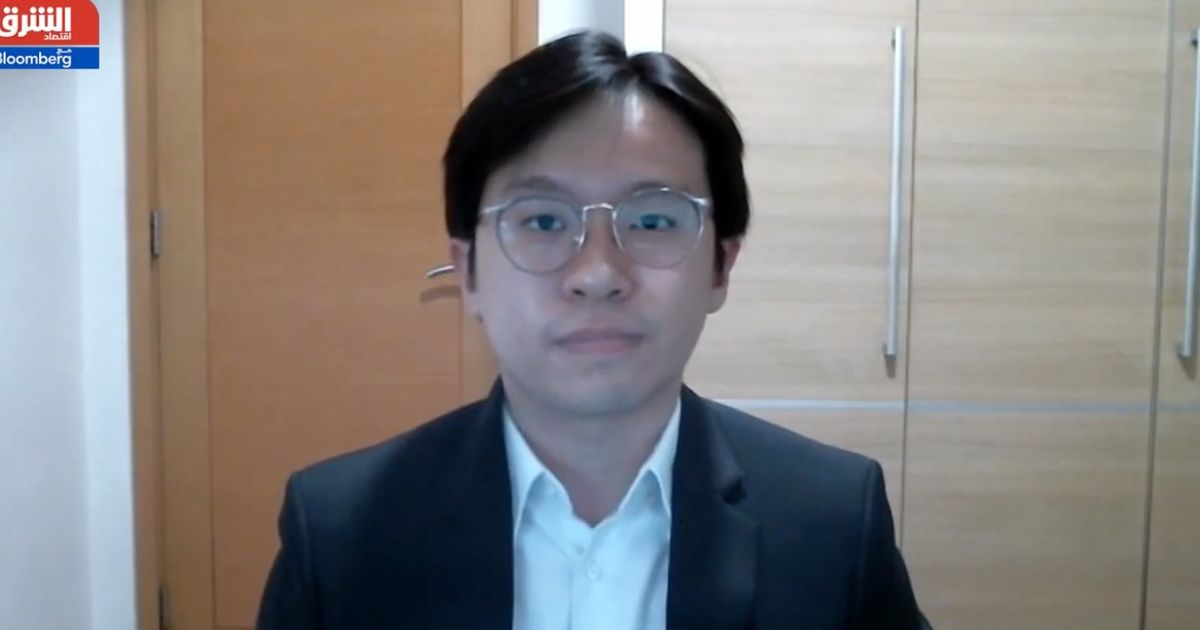Southeastern Asian economies are chasing to perform the technological sector worldwide, with a special focus on artificial intelligence, and these countries see an opportunity to work with China, which began to lead the technological scene in an intense competition with the United States. The chapters of this race and its horizons are reviewed by the “Asian report” report for this week. Singapore leads this race thanks to its major investments and national plans, such as expanding its power in the field of artificial intelligence to 15 thousand employees, while countries such as Vietnam and Cambodia want to benefit from technology to develop its sectors such as agriculture and industry, despite the infrastructure challenges facing. Daril Tio, an access partnership, saw in an interview with “Al -Sharq” that there are two basic factors that moan in the Asean region in the field of artificial intelligence, this is young technology, and the positive position taken by artificial intelligence governments. Tio added that many Asean countries have applied artificial intelligence strategies, giving the world the impression that the region is ready in this area. Government support is one of the most prominent factors that influence the path of the development of artificial intelligence, and it is, for example, a milestone between the United States and China. China’s strategy is characterized by central planning, while the direct funding of the government is addressed to specific projects in the field of artificial intelligence and the development of national computer centers. On the other hand, the United States rely on private institutions to promote the progress of artificial intelligence, many of which use Open Source models. The government’s support in the United States was relatively modest, with little export control over the industry until recently. Fear of fines The TIU has acknowledged that the safety of supply chains and infrastructure development is essential elements for the development of artificial intelligence, while expanding fear of expanding the extent of US sanctions on the export of chips and advanced technology to China. Early this month, the administration of US President Joe Biden unveiled new restrictions on China’s arrival in the important components of discs and artificial intelligence, in a new escalation of the campaign aimed at the technological pursuit of Beijing. The Ministry of Trade has introduced extra restrictions on the sale of high -ranking equipment and the disk industry, including those produced by US businesses in foreign facilities. She also included 140 new Chinese entities on the blacklist that are accused of working on behalf of Beijing, although they did not mention their names in a preliminary statement. Through these measures, which have come after years of commercial restrictions development, the US administration seeks to delay the progress of the systems of sediments and artificial intelligence in China, which is technology that can benefit its army.
Asean countries enter the artificial intelligence breed
